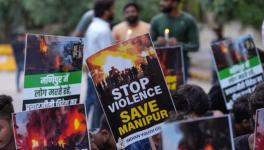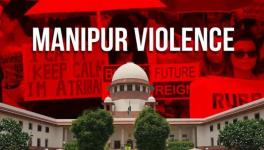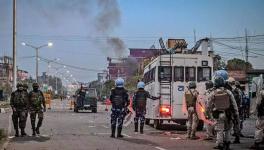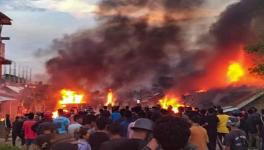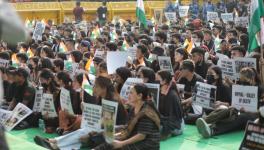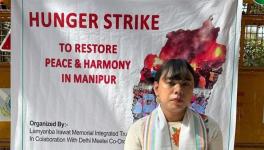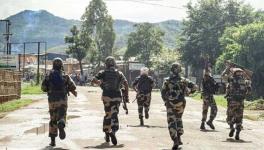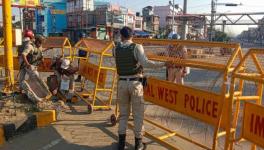Vigilantism on the Rise in Northeast, as Insurgent Groups Continue to Gun Down Sex Offenders

The United National Liberation Front (UNLF) has claimed responsibility for shooting dead Loukrakpam Sananingthem Singh on January 4. The deceased was accused of raping a married lady in April 2015 and was out on bail. This was the first ‘execution’ carried out by the UNLF in 2018. In July last year, the militant group had shot dead Irom Bobo who was accused of raping his 11-year-old niece in 2013. The group had also ‘executed’ two of its own members for rape charge, in 2008. Vigilantism is common among many insurgent groups in the Northeast. The Hynniewtrep National Liberation Council (HNLC) was known to mete out less harsh punishment to alleged sex offenders during its period of operation. However, the former chairman of the HNLC, Julius K. Dorphang is currently undergoing trial for raping a 14-year-old.
Vigilante action by insurgent groups is not limited to only sexual offences. In November last year, the National Socialist Council for Nagaland Isaak Muivah faction (NSCN(IM)) had detained four drug peddlers in Dimapur. The Revolutionary People’s Front (RPF), a proscribed group in Manipur had tonsured the heads of two women for using and peddling heroin. The ‘toned-down’ punishment was on account that they had children. The UNLF had also pardoned three drug peddlers after they surrendered to the Central Special Force (CSF) of the group, and had warned them that if they were found resuming such activities they won’t be spared. The Kanglei Yawol Kunna Lup (KYKL), a militant group in Manipur, has been known to shoot drug users and peddlers.
The reason for militant groups to carry out vigilante activities is clearly to appear as the bringers of justice. Such an impression can only be created where the law is slow to act. The fact that the alleged rapists were out on bail, and that they had been neither been convicted nor acquitted for charges framed three or four years before their deaths, would certainly lend credibility to the militant’s claims of legitimacy in the eyes of the people. The rise of HIV among injecting drug users in Manipur has been well documented. On January 2, a man was arrested by the police in Manipur for smuggling 350 grams of heroin disguised as a cake. Given the state of drug use in Manipur, militant groups can certainly benefit from ‘taking action’. The irony of the vigilantism against drugs is that several militant groups manufacture opium to fund their activities.
Vigilantism challenges the existing legal system. It is an ideological affront to the State, which is made to appear impotent and weak. For the State to retain its legitimacy, it cannot do so by ‘hunting down’ the vigilantes. Instead, it must appear to offer a more humane and fair process that is equally firm. In this regard, that the Chief Minister of Manipur, N. Biren Singh’s decision to set up fast track courts to tackle crimes against women is strategically astute. However, the recent ‘execution’ which came after the decision was made, may be a part of a larger design. The UNLF is a part of the ‘CorCom’ or the Coordination Committee of various insurgent groups in Manipur. The CorCom has an MoU with the United National Liberation Front for Western Southeast Asia (UNLFW), a collective of ULFA(I), KLO, NDFB(S), and NSCN(K). After the accession of Khango Konyak to the position of chairman of both the NSCN(K) as well as the UNLFW, their current strategy may be to establish a record of vigilantism before launching attacks on Security Forces personnel.
Get the latest reports & analysis with people's perspective on Protests, movements & deep analytical videos, discussions of the current affairs in your Telegram app. Subscribe to NewsClick's Telegram channel & get Real-Time updates on stories, as they get published on our website.









